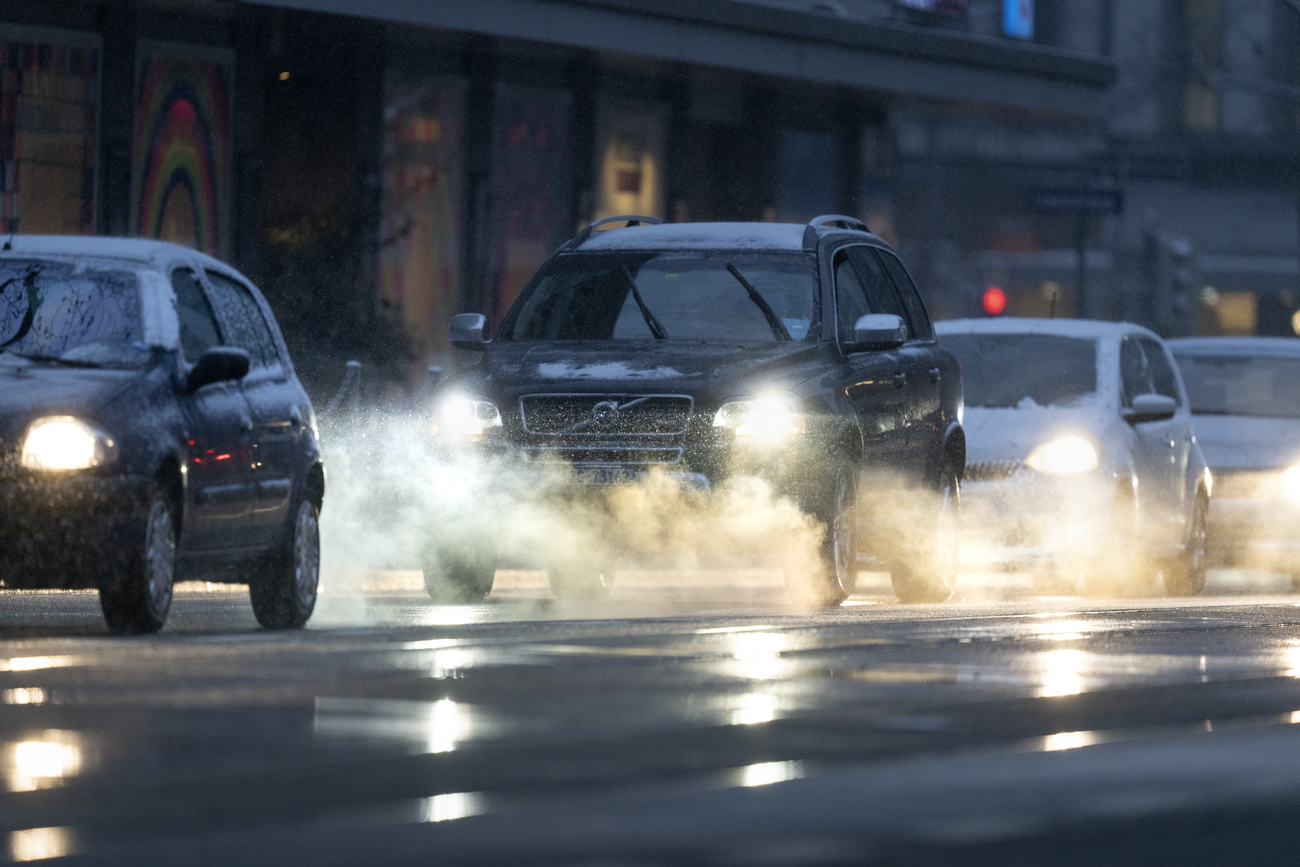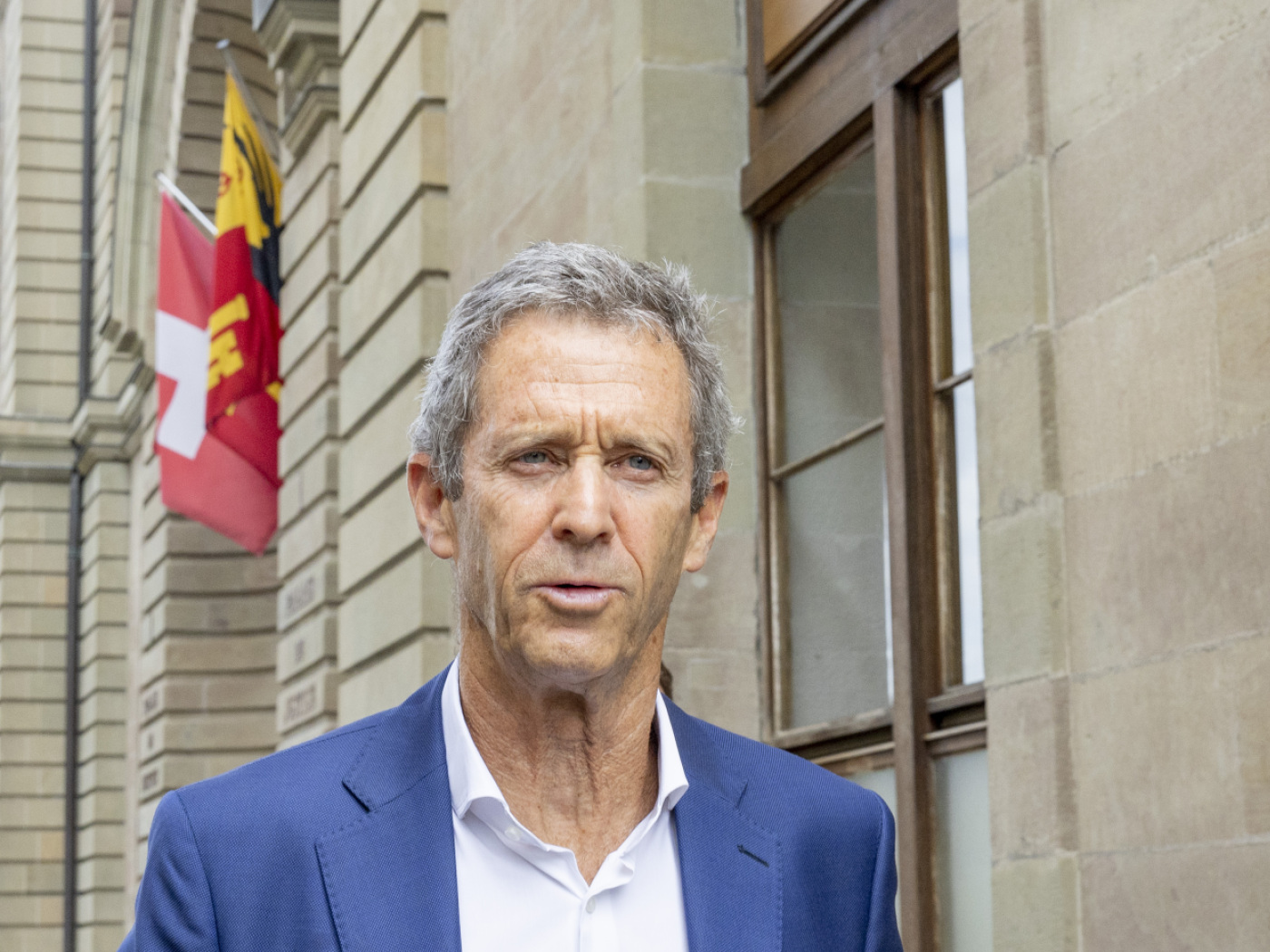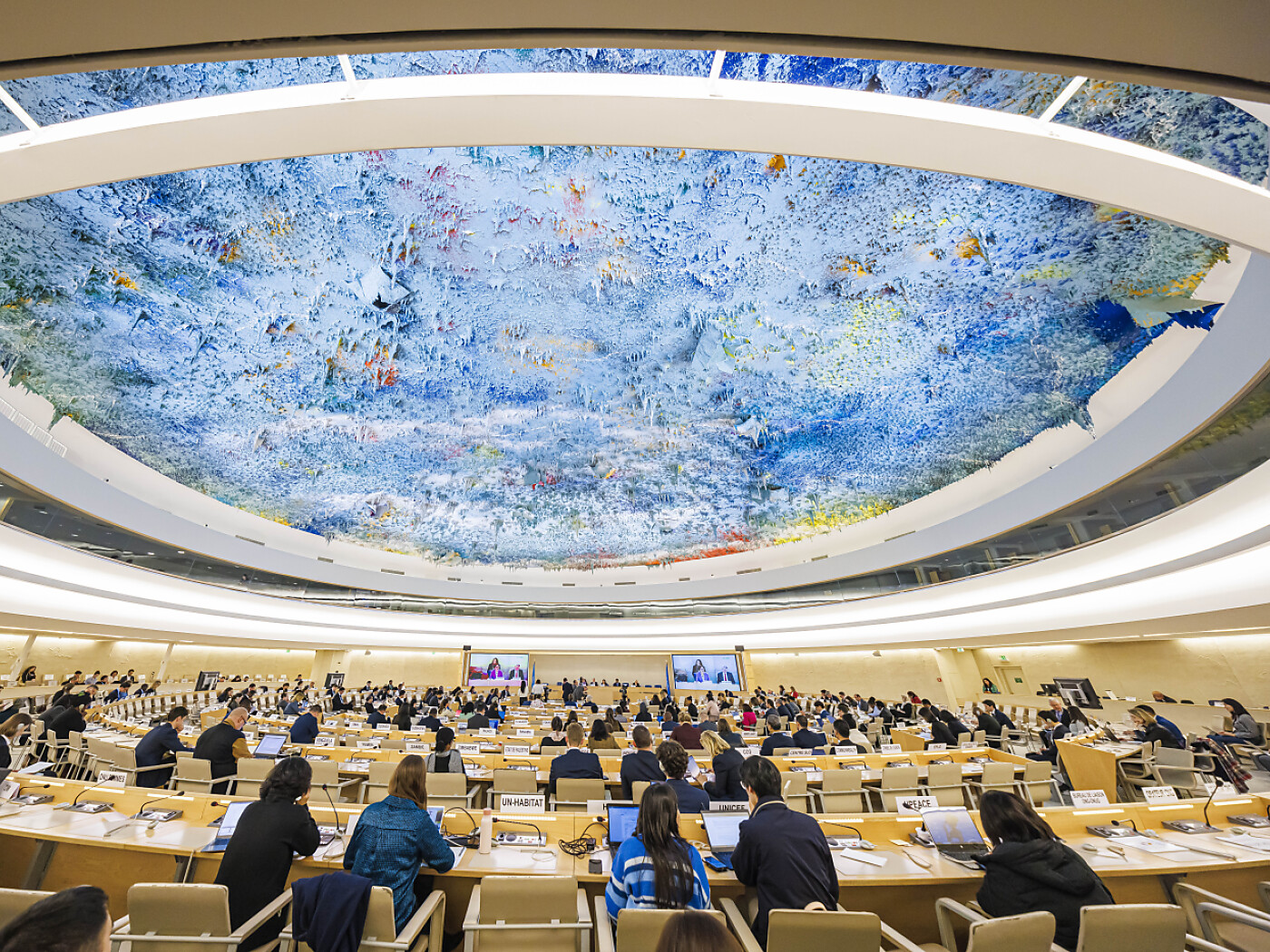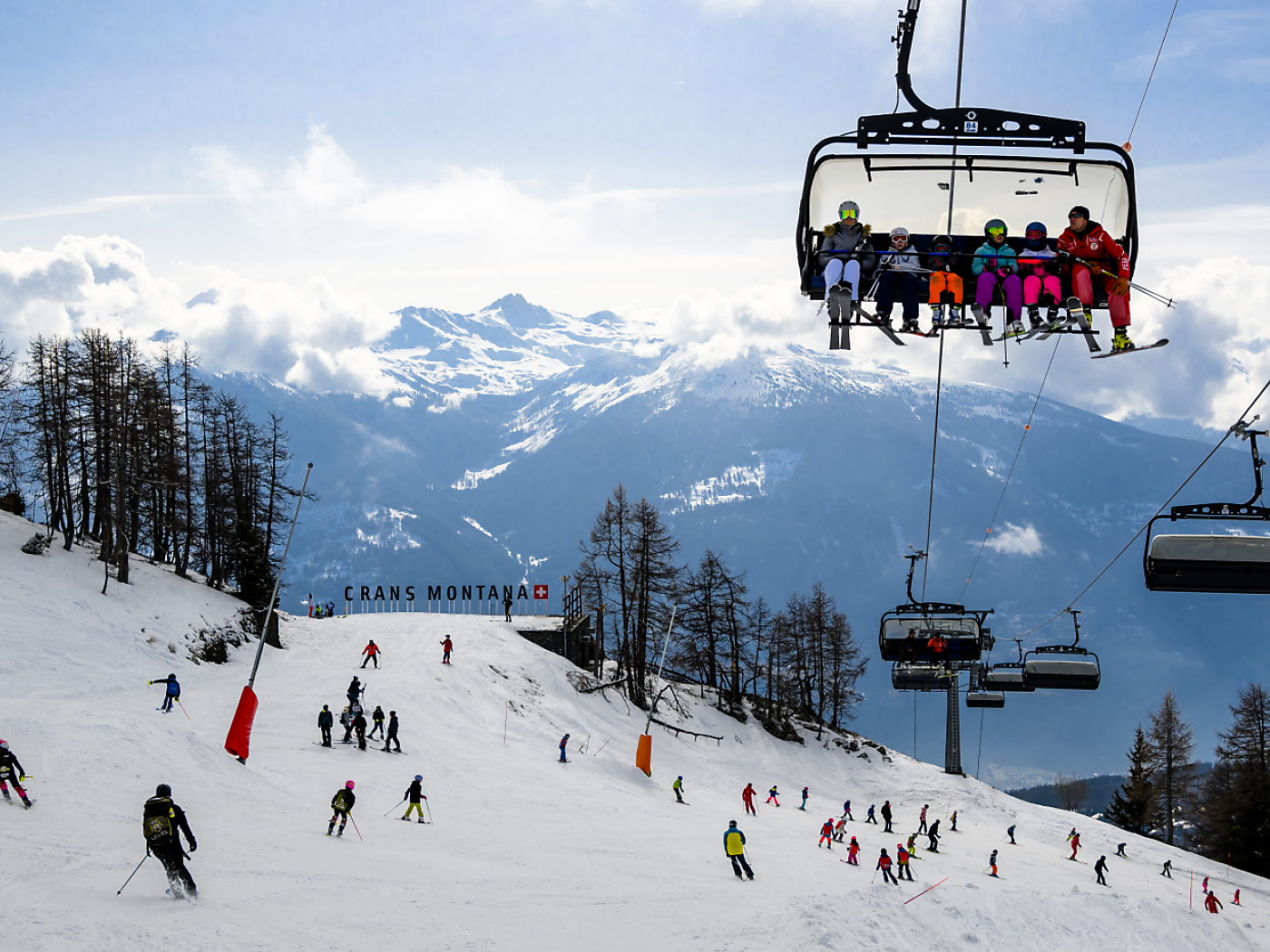Politicians want 75% of Swiss CO2 emissions to be cut at home

Switzerland must reduce at least three-quarters of its carbon emissions in the Alpine country, the House of Representatives agreed on Wednesday.
The objective of a 75% reduction of carbon emissions already appears in the current CO2 law, with the remaining percentage to be reduced abroad. But the Swiss government had not formulated a figure in its proposal for the revised CO2 law for 2025-2030. “There will be the possibility of doing this in the ordinance,” explained Environment Minister Albert Rösti.
+ Switzerland disappoints in global green rankings
But parliamentarians on Wednesday set the target to at least 75%. “It’s ambitious but doable; we can create more value in Switzerland,” declared Stefan Müller-Altermatt of The Centre Party. Buying certificates abroad is expensive and has no lasting effect on what is done in Switzerland, noted Martina Munz of the left-wing Social Democratic Party.
The government proposal is flexible, argued Suzanne Vincenz-Stauffacher, a Radical-Liberal.
Parliamentarians also debated the issue of CO2 emissions for new vehicles. The House of Representatives does not agree with the Senate and rejects the possibility of postponing outdated CO2 targets.
+ Swiss Senators favour new CO2 law
In its proposal, the Federal Council followed European regulations for new passenger cars. But Swiss parliamentarians on Wednesday took a stricter line, setting intermediate targets for passenger cars to ensure an annual reduction from 93.6 g of CO2/km in 2025 to 49.5 g of CO2/km in 2030.
The right-wing Swiss People’s Party and the centre-right Radical-Liberal Party again opposed this idea. “It is essential not to want to do better than the EU,” argued Matthias Samuel Jauslin of the Radical-Liberals. “Switzerland has no car manufacturers and therefore has no influence.”
Like the Senate, the House of Representatives agreed to consider the use of renewable fuels in the calculation of CO2 emissions from new vehicle fleets.
+ Offset scandals put Switzerland in the spotlight at COP28
The House of Representatives took a number of other technical decisions. Notably, it agreed that Switzerland can sustainably fix the CO2 extracted from the atmosphere in carbon sinks. By sequestering carbon, we can obtain certificates, explained Delphine Klopfenstein Broggini of the Green Party.
By 2030, Switzerland must reduce its greenhouse gas emissions by half compared to 1990. To do so it needs a new climate policy for the years 2025 to 2030. The new proposal, presented by the Federal Council, is based on the current CO2 law that parliament had extended until 2024.
Meanwhile, discussions are continuing in parliament, in particular on the question of whether to tax certain private and business jet flights.
This news story has been written and carefully fact-checked by an external editorial team. At SWI swissinfo.ch we select the most relevant news for an international audience and use automatic translation tools such as DeepL to translate it into English. Providing you with automatically translated news gives us the time to write more in-depth articles. You can find them here.
If you want to know more about how we work, have a look here, and if you have feedback on this news story please write to english@swissinfo.ch.

In compliance with the JTI standards
More: SWI swissinfo.ch certified by the Journalism Trust Initiative

















You can find an overview of ongoing debates with our journalists here . Please join us!
If you want to start a conversation about a topic raised in this article or want to report factual errors, email us at english@swissinfo.ch.